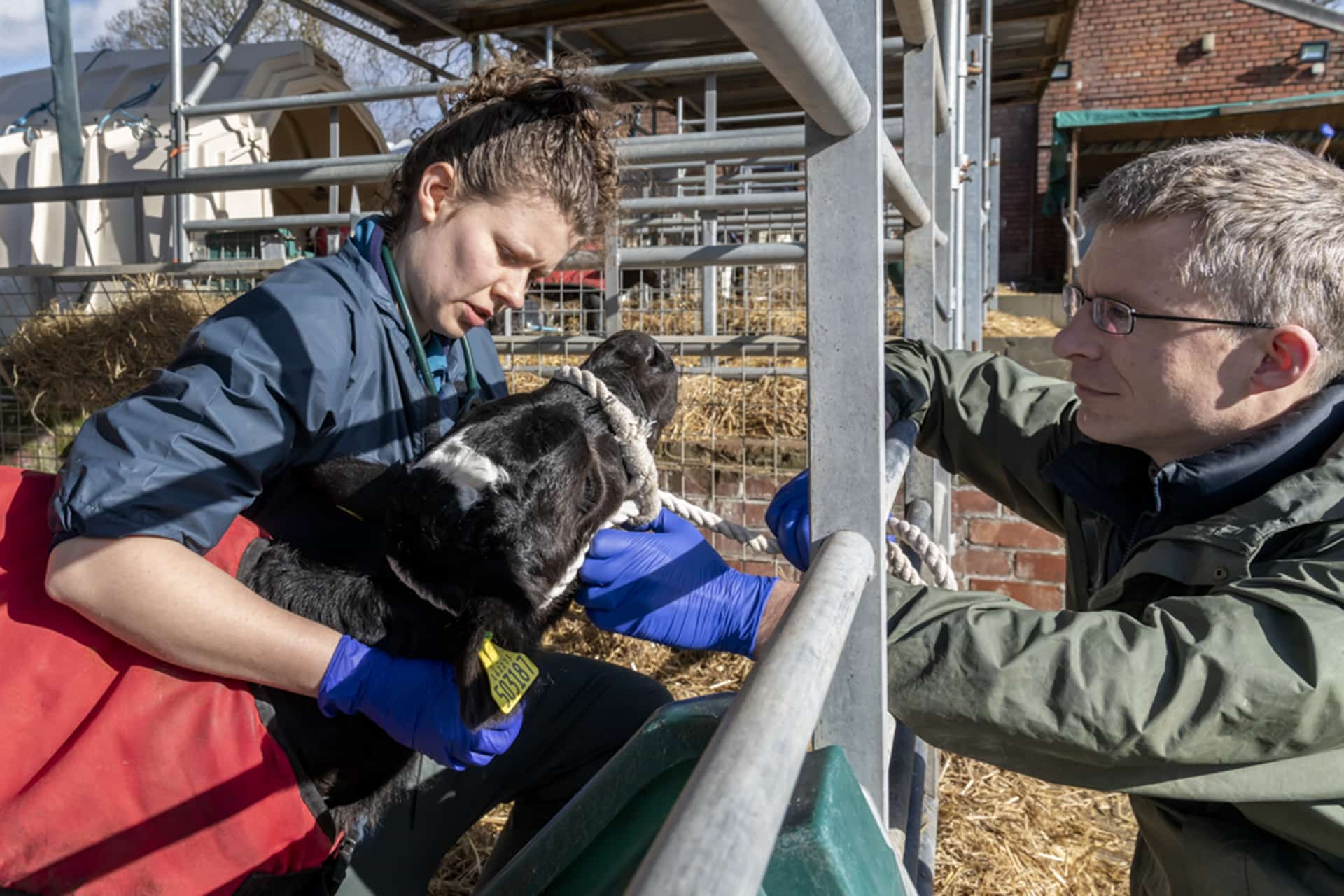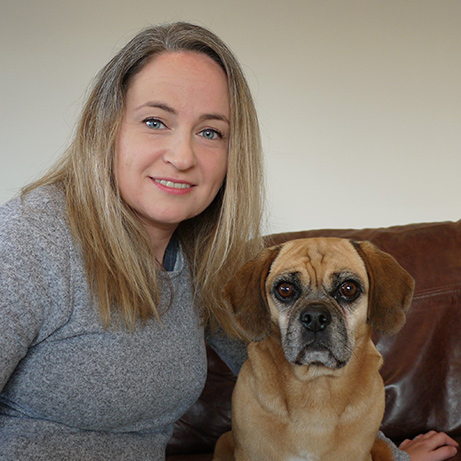
Department of Livestock and One Health
We seek to understand the health and welfare of animals and their people, in populations and communities, the distribution and spread of diseases, and the determinants of these factors.
The Department of Livestock and One Health aims to understand, the epidemiology of health and disease in populations and communities, the selection and spread of antimicrobial resistance, the determinants of pathogen distributions in space and time, and how, in our rapidly changing world, these may change in the future.
We work across the spectrum on interactions between animals and humans, from farm animals and zoonotic diseases to behavioural interactions. Human and animal welfare is our key priority. We are responsible for Livestock, epidemiology and veterinary public health teaching including our two large working farms.
We also offer first opinion and referral clinical care via our Farm animal practice.


